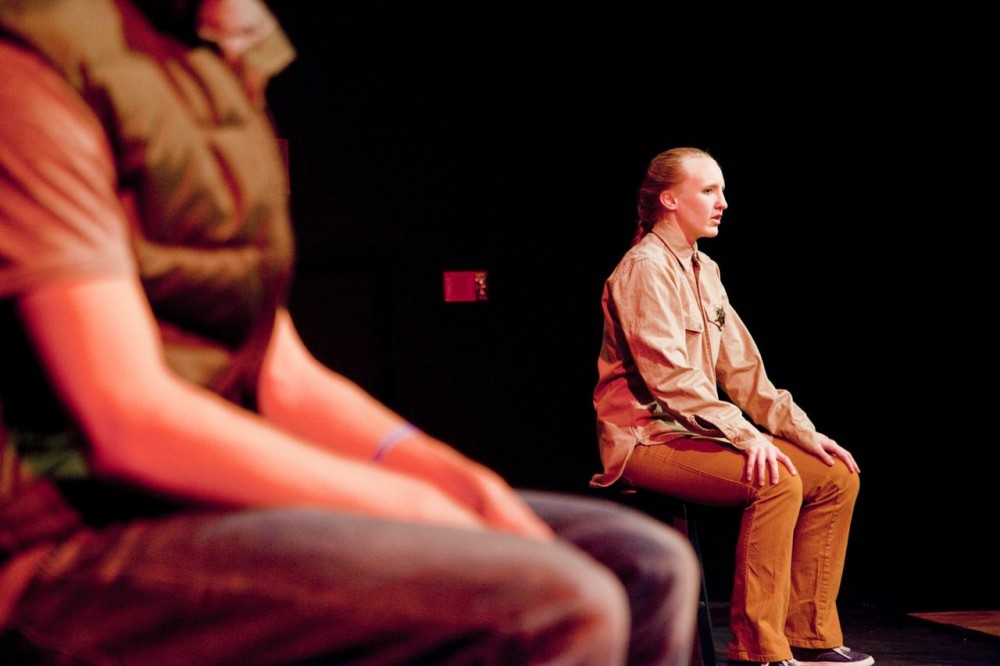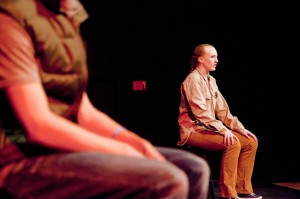Editor’s note: The following Award Ceremony Welcome was presented by Robert W. Hill III on May 25, 2013.
Good Morning Williston!
I want to welcome everyone to the 2013 Academic Awards Ceremony, especially parents and out of town guests. Yesterday, Mr. Conroy conducted the spring Athletic Awards Assembly and I am still in awe of some of the numbers that I heard. I am not sure how many pre-college athletes can claim to have the kind of run that Karly Simpson had over six years with a record of 72-3 over six years—I’ve never heard anything like that before. And in case you missed Jilly Lim’s documentary of the girls lacrosse season, her performance making that film was gold. One more thing while I have the podium—Gabby Thomas, I don’t think that I could run the length of the first floor of the school house in 12.06 seconds but I want to challenge you to a race there anyway.
The achievements we honor today are not measured in hundredths of seconds or in won loss records, but they do have in common with their athletic counterparts, Purpose and Passion and Integrity. It takes really hard work to be good at something—doing good well is not easy no matter what the venue.
I have been around a lot of classrooms this year and I am in awe of the work that I see from Williston students. It is a mark of this school that talent abounds and is so widespread. From the art and dance studios to the science and math classrooms, you students produce astonishing results. This morning we celebrate those accomplishments and so without further ado, I call upon our first presenter.



 The Williston Theatre’s spring production this year is The Laramie Project, a play by Moisés Kaufman and members of the Tectonic Theater Project that was based on a small town’s reaction to the 1998 murder of Matthew Shephard, a University of Wyoming student. During a recent break between rehearsals, Emily Ditkovski, the director of the Williston production, and Persis Ticknor-Swanson ’14, a cast member, sat down to talk about preparing for the play, audience empowerment, and bullying.
The Williston Theatre’s spring production this year is The Laramie Project, a play by Moisés Kaufman and members of the Tectonic Theater Project that was based on a small town’s reaction to the 1998 murder of Matthew Shephard, a University of Wyoming student. During a recent break between rehearsals, Emily Ditkovski, the director of the Williston production, and Persis Ticknor-Swanson ’14, a cast member, sat down to talk about preparing for the play, audience empowerment, and bullying.